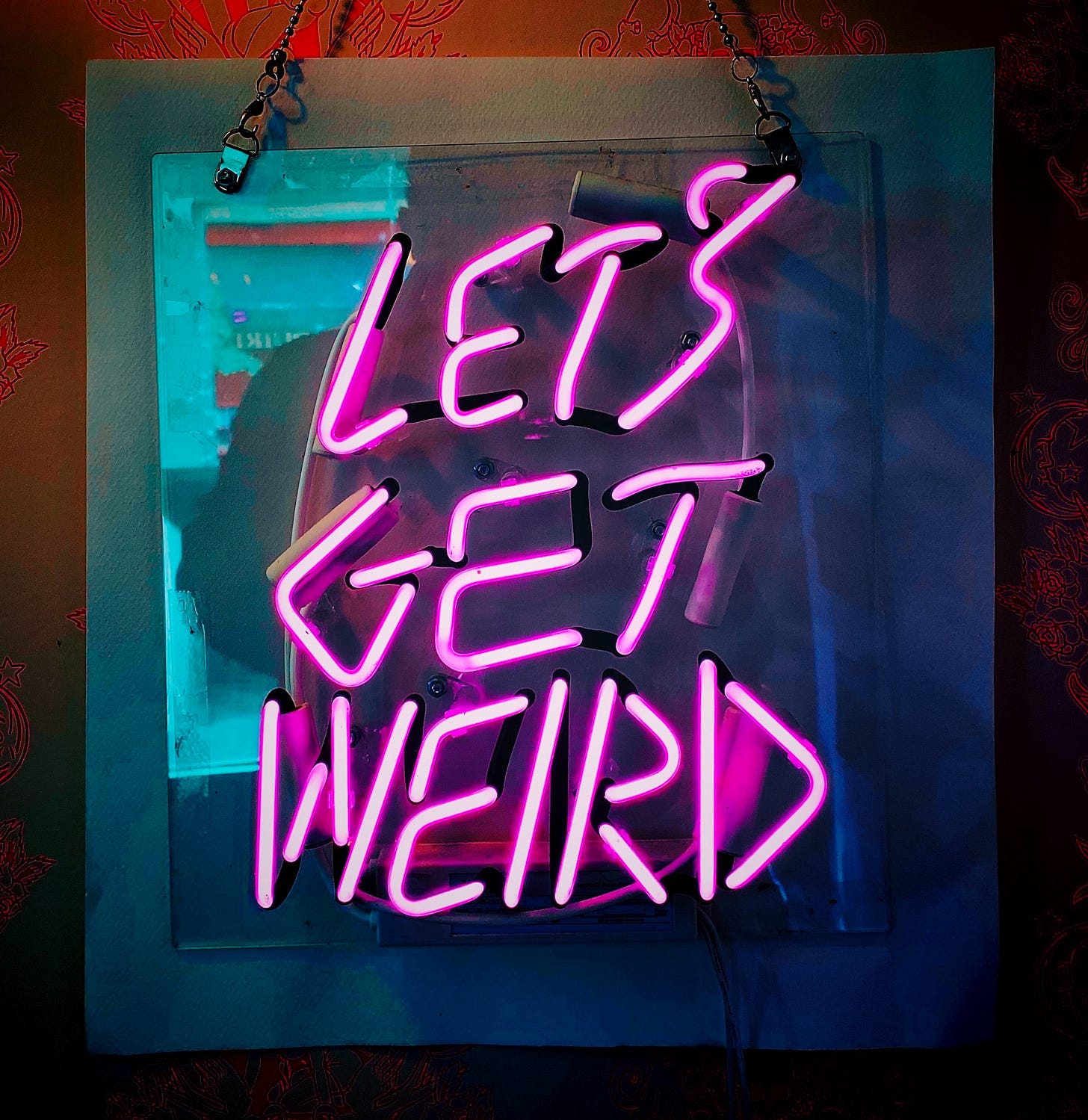Unearthing “Forbidden Passions”: writing without self-censorship
Have you written something that scares you? Embarrasses you? Disgusts you? You may be onto something.
Have you ever written something that made you cringe as you wrote it? Did the idea of sharing it with anyone make your insides curdle? This might be expected when writing memoir or autobiographical pieces, but what about when it happens while writing fiction?
In her book on writing, The Faith of a Writer: Life Craft and Art, Joyce Carol Oates says, “Never be ashamed of your subject, and of your passion for your subject. Your ‘forbidden’ passions are likely to be the fuel for your writing”.
After reading this, I spent a few days thinking about what it means to write authentically and without self-censorship—and wondering what forbidden passions I might harbour.
I came up empty. I do experience intrusive thoughts due to my PTSD and have unpleasant memories of incidents that caused my trauma. But for me, to write about these things in detail (at this point in my life, anyway) wouldn’t feel authentic or brave, but exploitative.
The problem was that the term “forbidden passion” made me think of taboo and controversy. It brought to my mind the works of Anais Nin, Henry Miller, and Vladimir Nabakov; not that these writers’ most controversial works don’t follow Oate’s advice perfectly, they do. But I didn’t think I had (or wanted to have) any taboo topics swirling around in my brain that begged to escape onto the page.
I see now that the answer was right there in front of me: if an idea isn’t begging to be written, I haven’t landed on a forbidden passion. I had my light-bulb moment when I watched an interview with Oates, in which she said that forbidden passions can also be down-to-earth:
“Forbidden passions could be something very trivial. People don’t want to write about being jealous or envious, those seem diminishing … [This gives the story a] real spark, and a real sympathy, because everyone has these emotions.”
- Joyce Carol Oates
I immediately thought of Eileen by Ottessa Moshfegh, in which the titular protagonist talks about her bowel movements, about leaving the bathroom without washing her hands. She talks candidly about sex, her hatred for her body, the dichotomy of her feelings about her father, and her desperate attempts to make people like her. She describes her thoughts and actions in ways that some might deem pathetic.
When I read Eileen, I related to her. I related to her a lot.
This is what Oates is talking about. Moshfegh said that Eileen’s “character and her obsessions are familiar to [her]”, but she has never claimed that the novel is autobiographical, and I certainly wouldn’t assume it is. So why, when we create characters with these embarrassing or even disgusting thoughts and behaviours, might we fear that the reader will believe we think or act this way? I mean, maybe we do, maybe not. Either way, that’s nobody’s business.
As writers, the world we spin on the page is a world of our own, but—I believe—once it’s sent out into the world, the story belongs to the reader. And in writing our forbidden passions, or by transferring them onto our characters and stories, a reader may think “I think that! I do that! I thought I was the only one!” And it’s these moments of understanding, sympathy, and connection most of us are striving for in our writing.
And all that aside, it makes for more compelling stories.
“Defective people are more interesting.”
- Ottessa Moshfegh
So how to identify our forbidden passions? They’re found on the diary pages we want to tear clean from the book. They’re found in those moments of writing when we pause, pull a sharp breath in through our teeth, and wonder if we’ve gone too far. They’re found at the tip of our index fingers as they hover over the backspace key, because what we’ve written is too cringey, too vulnerable, too vulgar, too raw.
These are the moments in which we should be courageous and write on. Because it might be the very idea that you’re terrified to put onto the page that somebody else wants (needs!) to read. Those passages of forbidden passion may make a reader feel connected, feel seen. It may even be their favourite part.





Love this Amy. Thank you